Life as a student Police Officer at your base station
Upon completing foundation training, you will typically move to a base station, continuing your learning and tutoring on Incident & Crime Response (ICR).
What will your first role be after foundation training?
All student officers will spend either their whole probation or a portion of it (depending on entry route) working in uniform on response, which is simply that, responding to calls from the public. Many enjoy this unpredictable aspect of policing, there is much police ‘craft’ to be learned as no two situations you attend will ever be the same.
- Initially you will spend at least 10 weeks working on ICR with a tutor towards attaining your Independent Patrol Status (IPS) – irrespective of entry route this period will be in uniform. Independent patrol status is a prerequisite before officers can progress from the tutorship phase.
- Upon achieving this milestone, officers will have opportunities to work individually and alongside experienced colleagues responding to incidents. This exposure allows officers to gain valuable experience and fulfil the requirements of their policing portfolio.
You may also be posted on an attachment to other departments, such as Neighbourhood Policing or Assessment and Investigation Unit (AIU).
Preparing for shift working
It is important to emphasise that we serve a 24/7 economy, so that means shift working:
- A typical pattern on response would be two earlies (am start), two lates (pm start) and two night shifts (evening start) followed by four rest days
- This will regularly include weekends and bank holidays
- Please see here an example of a typical ICR shift pattern for a 10-weeks period
Crime doesn’t clock on and off though, so you need to be prepared for shifts over weekends, shifts that run over or last minute duty changes. This can be disruptive to family and social lives, but it is something we accept as part of the commitment we make to keep our communities safe.
What will your work be like?
Your day-to-day work will involve a diverse range of tasks:
- engaging with the community
- attending incidents
- conducting investigations
- completing related paperwork
- opportunities for attachments on different units/departments
- getting involved in incidents and operations at short notice
You will experience the best and worst of society:
- It’s important to recognise the emotional challenges of the job which can include supporting vulnerable people, delivering distressing news and managing conflict.
- Throughout this period you will be supported by mentors, your team and wider force resources to help you navigate these aspects of the role effectively building your confidence as a Police Constable.
How will you be supported?
Despite no longer being in initial foundation training, you will continue to be supported. We understand that joining ICR will impact your day-to-day life and support is available to help combat this. You’ll be learning new laws and improving your understanding of emotional management, whilst learning how to determine your new work-life balance.
After spending your first 10 weeks on ICR attaining your IPS, you’ll be assigned a Development Assessment Officer (DAO):
- Their role is to work closely with you for the remainder of your probation to finesse and further develop your skills.
- They’ll introduce new/different ways of thinking in order for you to work independently, and will assess all areas of your operational competency from initial response to the investigation’s conclusion.
- You’ll be given the opportunity to work on a range of skills such as community policing, searches, follow-ups etc. in order for you to see where your skills and interest lie, and then consequently work with your DAO to determine how you see your career progressing and hone your skills accordingly.
- Your DAO will offer feedback throughout this time in order for you to continuously develop and realise your potential.
You will also be supported financially via annual salary increments. On the current system, after seven years you will have the opportunity to earn up to £49,044 as a Police Constable. Find out more about police officer pay scales.
Where will you be based?
You will need to be prepared to work within a distance guidance which is a combination of 30 crow miles to your home address, road mileage less than 40 miles, less than one hour commute each way. The initial posting of students officers is the responsibility of TVP’s Workforce Planning team, who will take into account organisational need, personal circumstances and accommodation status to determine a positing.
Take a look at what you could be doing on ICR
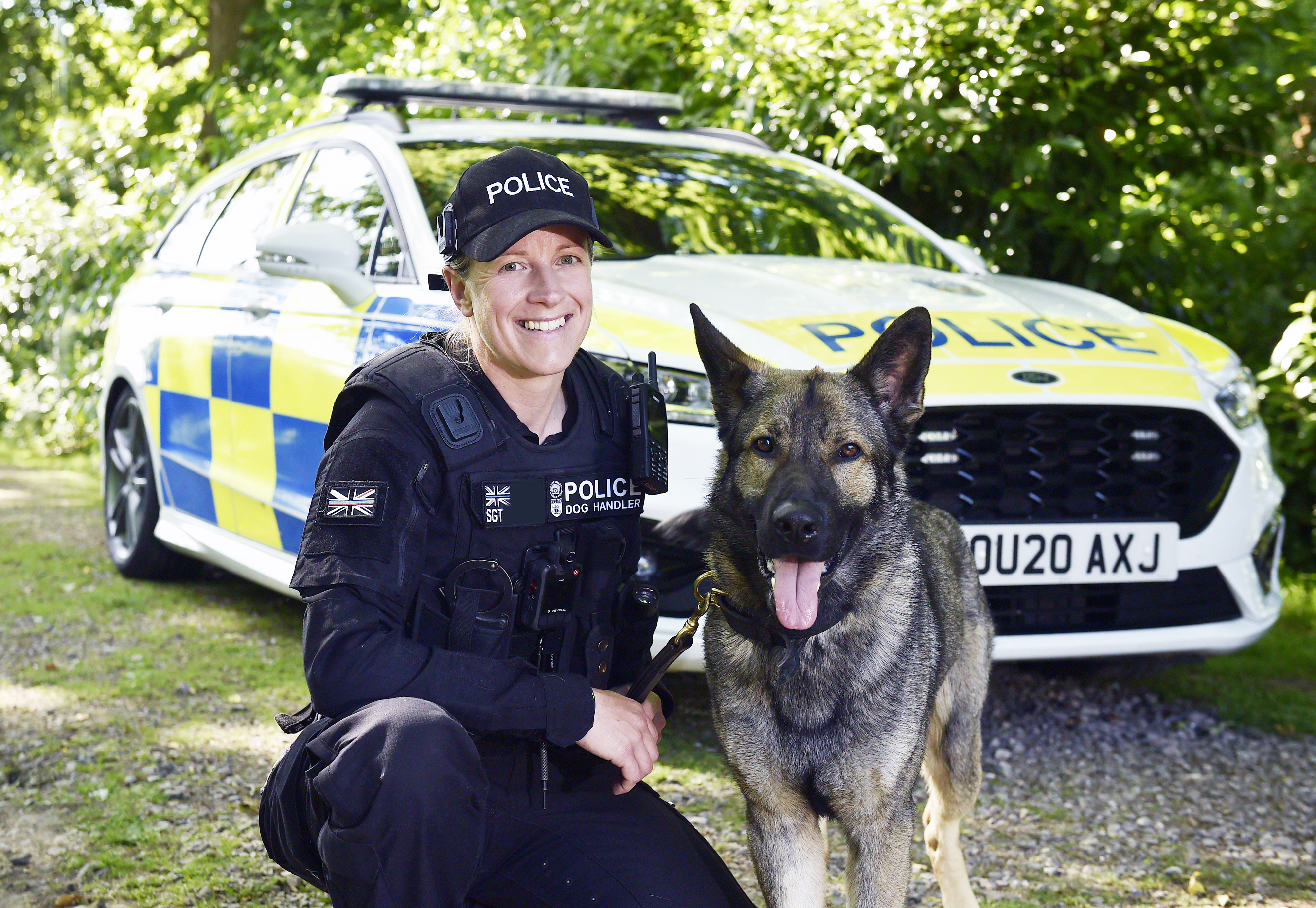
What's next?
After completing probation, you will be eligible to apply for a role in one of the many specialisms policing offers. Whether you've got your eye on detective work, promotion, a uniformed specialist unit or more, the opportunities are endless. Find out how your career could progress as a Police Officer at TVP.


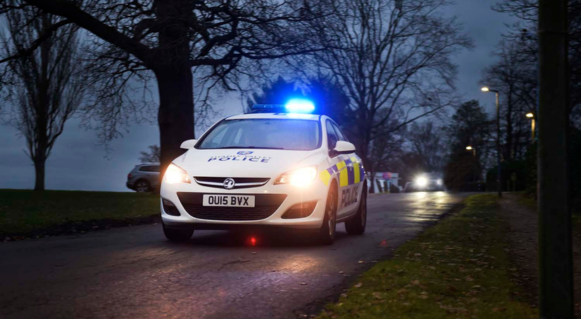
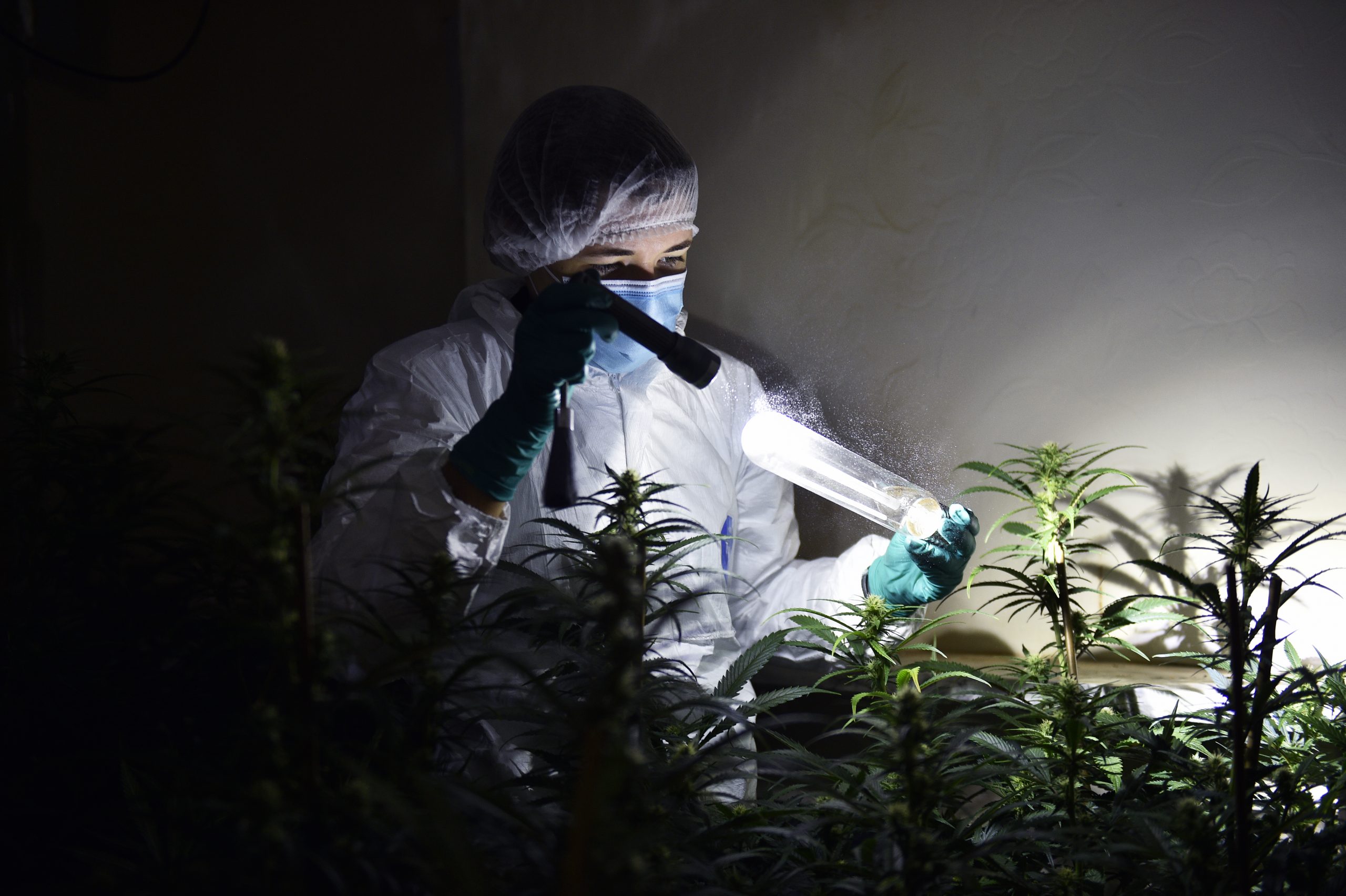

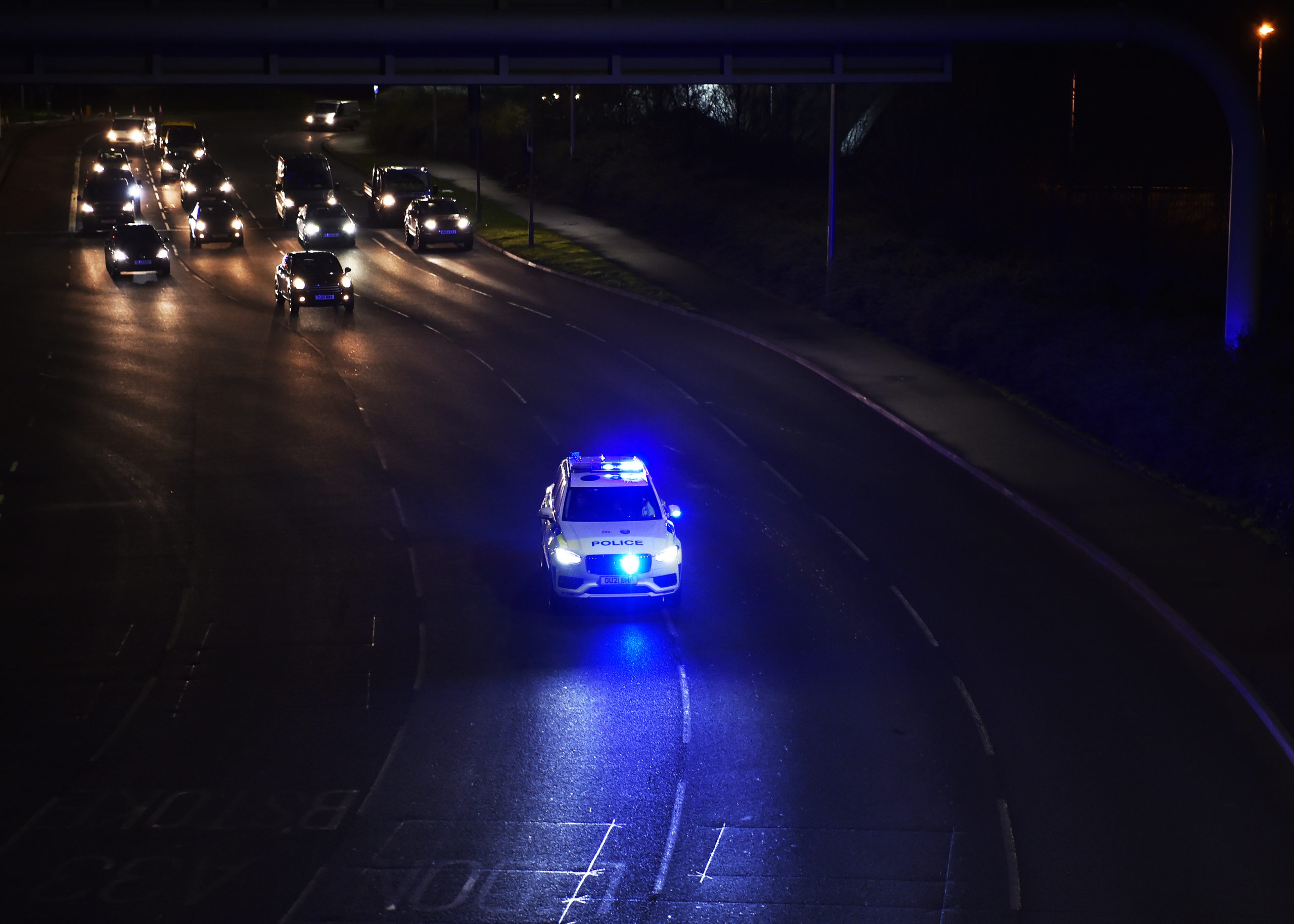
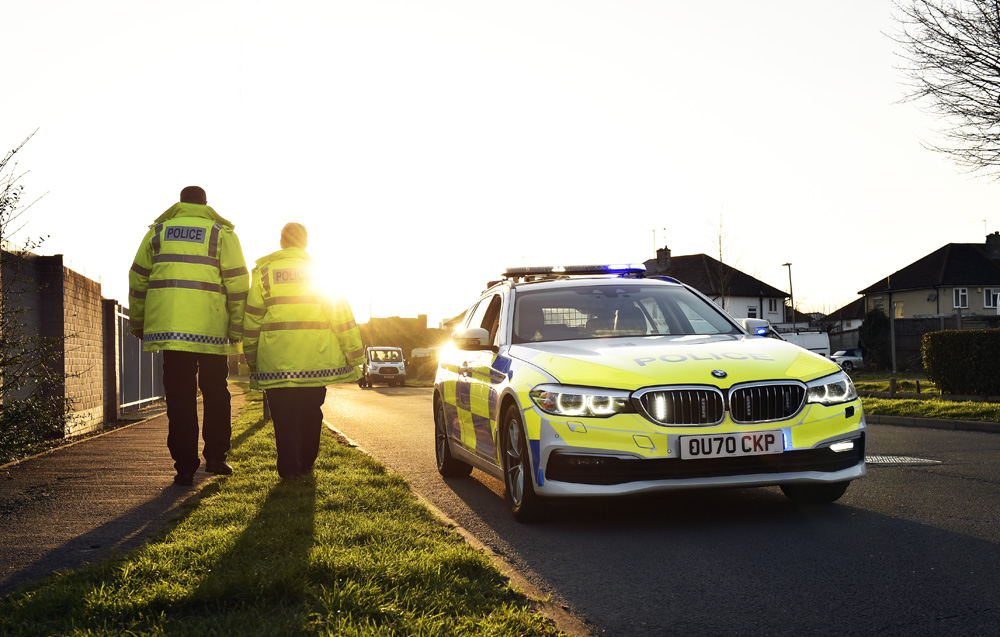
 Facebook
Facebook
 Twitter
Twitter
 Linkedin
Linkedin
 Instagram
Instagram